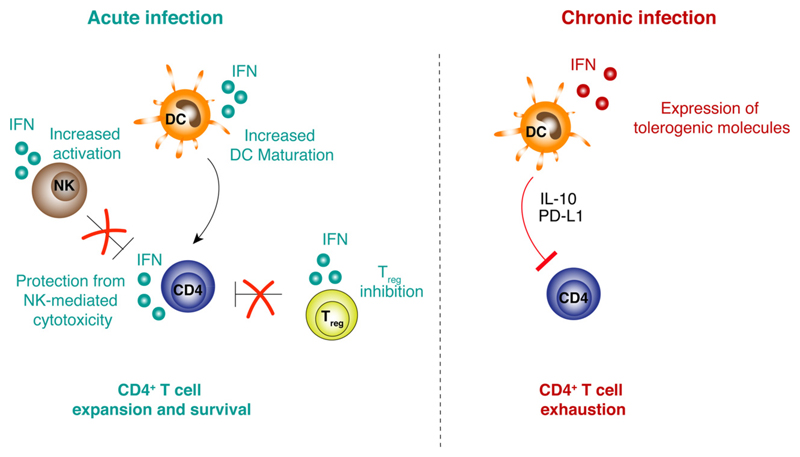Fig. 1. Role of type I IFNs in antiviral CD4+ T cell expansion.
Left panel. Type I IFNs released upon acute infections act on different cell types to support antigen-specific CD4+ T cell activation. Type I IFNs sensed by DCs increase their maturation, thus providing a more efficient antigen presentation and co-stimulation to T cells. Type I IFNs act on T regulatory cells by dampening their suppressive capabilities and allowing heightened CD4+ T activation. Type I IFNs enhance NK cell activation and effector functions. Finally, type I IFNs sensed by CD4+ T cells protect them from NK cell-mediated killing.
Right panel. Type I IFNs released upon chronic infections create an immunosuppressive environment by increasing PD-L1 and IL-10 expression by DCs. These immunoregulatory DCs induce CD4+ T exhaustion.

